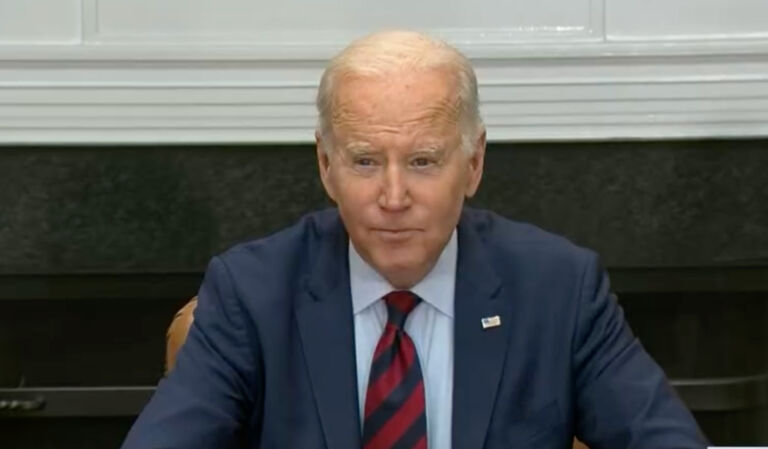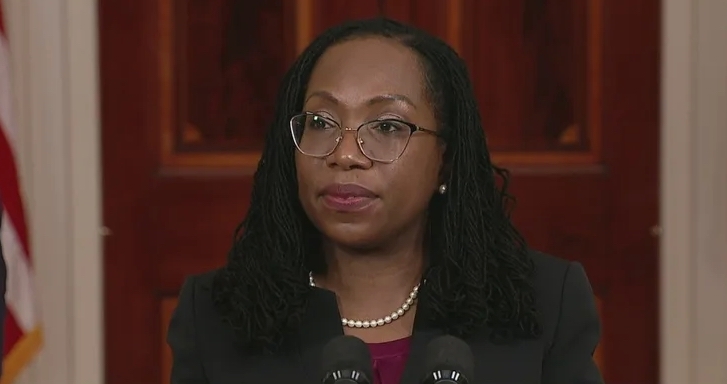Grace Hall writes for the Martin Center about leading N.C. universities’ openness to free speech.
Four schools in North Carolina were included in the 2021 free speech rankings. Duke University ranked the highest of the North Carolina schools surveyed with a score of 65.05 out of 100. And Duke, North Carolina State University (NCSU), and the University of North Carolina at Chapel Hill (UNC-Chapel Hill) all ranked in the report’s top 25 schools. The only other state to also have three schools in the top 25 is Virginia. It is not all great news for North Carolina however; the fourth North Carolina school, Wake Forest University, did poorly, ranking at 109 out of 159 schools.
All four of the North Carolina schools that were ranked had higher ratings for “Tolerance for Liberal Speakers” than “Tolerance for Conservative Speakers.” This is a common occurrence across schools that were ranked. However, no school had complete tolerance for either conservative or liberal speakers. Duke and UNC-Chapel Hill had the most tolerance for liberal speakers, and the least tolerance for conservative speakers. The report noted that students’ political ideology also affected these ratings: liberal students are more likely to have tolerance for liberal speakers, and conservative students are more likely to have tolerance for conservative speakers.
Interestingly, Duke, UNC-Chapel Hill, and NCSU all received a score of 14.9 out of 25 on the “comfort expressing ideas” category. Wake Forest University had a slightly better rating in that category (15.1 out of 25). See the charts below for how the four schools scored within each category.
While each of the four North Carolina schools ranked in relatively similar ways for many of the categories, there was a notable difference. Wake Forest University has a “yellow light” rating from FIRE, while UNC-Chapel Hill, NCSU, and Duke all have a “green light” rating. This means that Wake Forest University has at least one policy that restricts some amount of free speech or is vague in its wording. This exemplifies the importance of a school’s written policies. While the students’ responses on the survey alone may have ranked Wake Forest higher, the written code contributed to bringing down the overall score.


